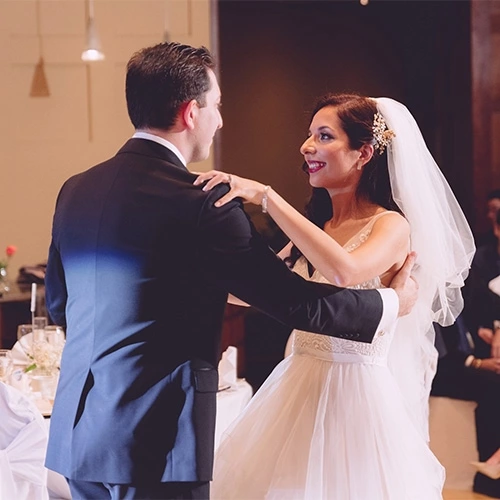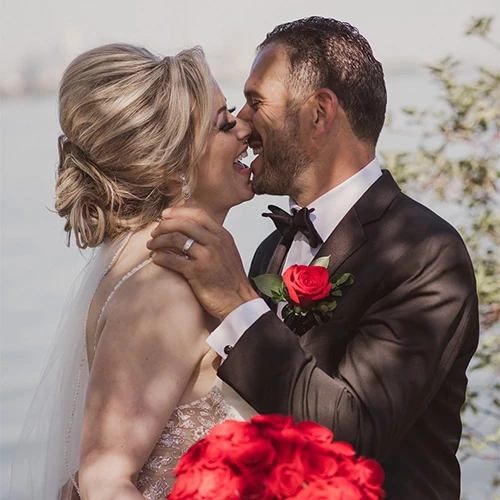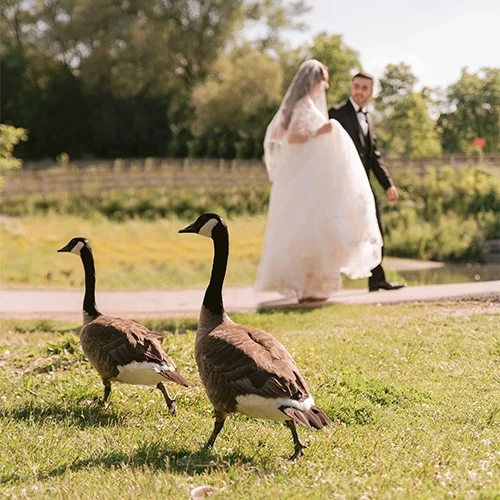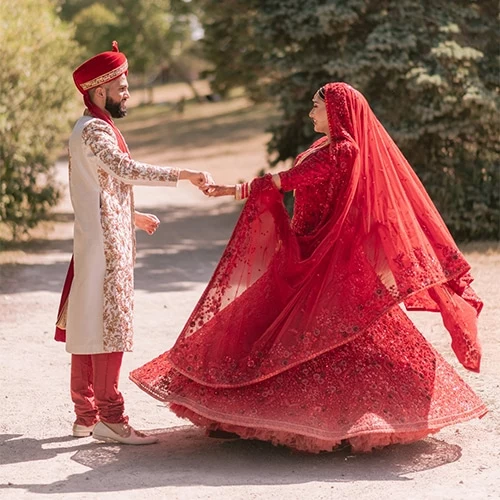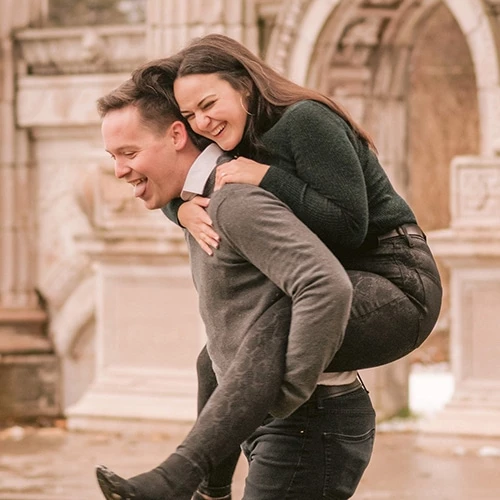Kotsy Photography is a Toronto wedding photographer specializing in capturing couple's uniqueness through authentic, compelling & fun images. From large, all-day weddings to elopements & engagement sessions in Toronto, Ontario and the rest of the Greater Toronto Area.
As a Toronto wedding photographer, I am aware of how stressful planning a wedding can be, particularly when it comes to finances. Today, I’m here to answer the age-old topic of who pays for what in modern weddings. Today we’ll solve the riddle so you can concentrate on what really matters: making wonderful memories on your wedding day.
Tradition vs. Modern Trends
Traditionally, the bride’s family was exclusively responsible for wedding expenses. This included the venue, catering, floral arrangements and the wedding gown. Over time, the dynamics of wedding budgeting over time. In today’s weddings, the burden is often shared among multiple parties. Couples are taking charge of their special day, and financial responsibilities are being divided into flexible ways. It’s essential to have open and honest conversations with your loved ones to determine who will contribute, and to what extent.
Modern trends have brought about a shift in the way wedding expenses are handled. Many couples choose to split costs evenly between both families or even take on the bulk of the expenses themselves. This shift represents a move towards equality and shared responsibility, allowing couples to have more control over their wedding planning process. Don’t be hesitant to talk openly with your loved ones about what seems fair and doable for everyone involved, even if it’s vital to honour tradition.
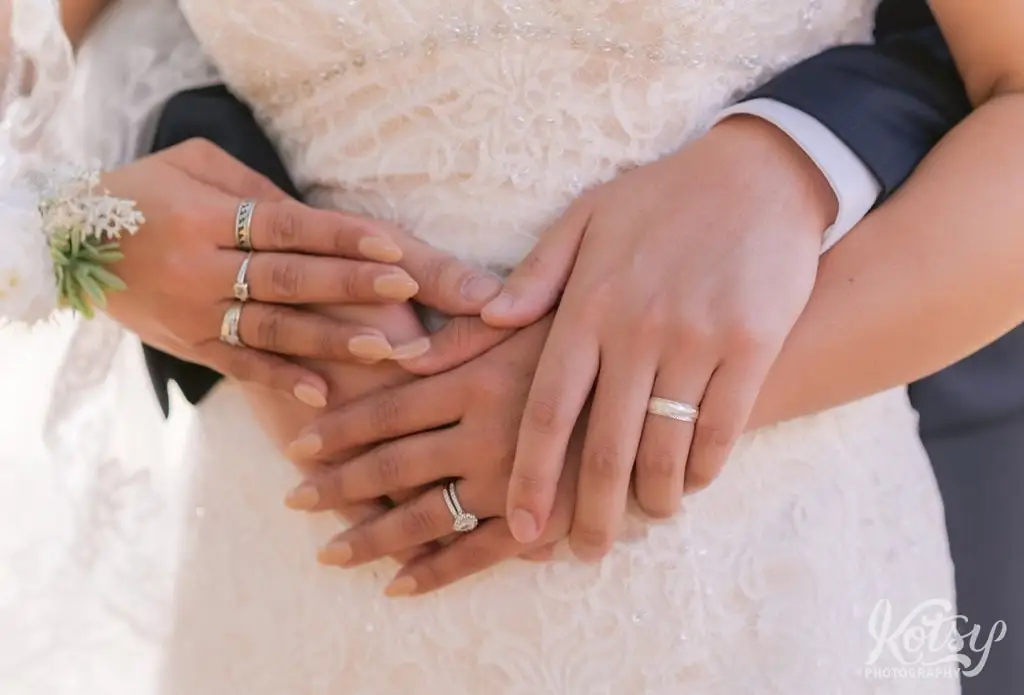
The Bride’s Family
It’s OK to have an open and sincere conversation with the bride’s family about their financial contribution to the wedding if either of the newly engaged couple comes from a more conventional household. This conversation can help set realistic expectations and allow everyone to plan accordingly. Remember that the key is to approach these discussions with empathy and understanding, as different families may have varying financial capacities. The point here is to find a balance that ensures everyone feels included and valued throughout the wedding planning process.
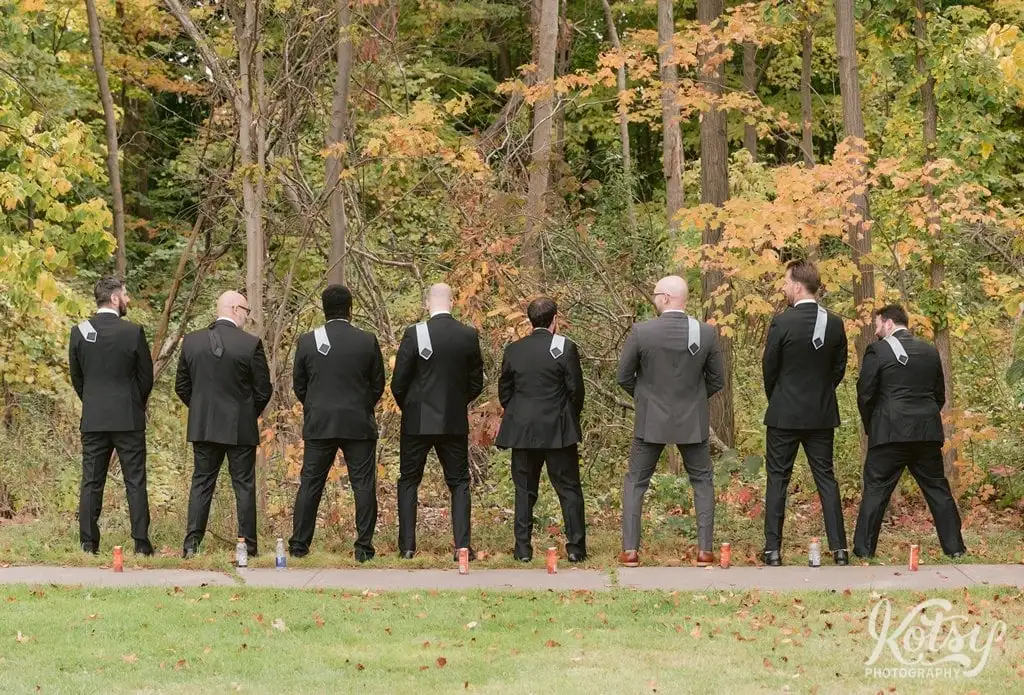
The Groom’s Family
Historically, the groom’s family was responsible for specific items, such as the rehearsal dinner, the marriage license, and the officiant’s fee. However, just like with the bride’s family, these roles have evolved. Nowadays, depending on their preferences and financial circumstances, both families frequently contribute to various components of the wedding. Communication between both families and the couple is crucial to ensure the financial part of the wedding runs smoothly.
The Couple
In modern weddings, couples are more inclined to take an active role in financing their big day. This includes contributing to major expenses such as the venue, wedding photographer, entertainment, and the honeymoon. Many couples view their wedding as a joint celebration and are eager to share the financial responsibility equally. By setting a budget early on and prioritizing what truly matters to you as a couple, you can ensure that you’re investing in elements that will create lasting memories.
You should establish a thorough financial plan and wedding budget as a couple. Decide where you want to spend your money and identify your priorities first. Discuss your personal financial situation and set realistic expectations about your capacity to contribute. Put money into the details that will make your wedding day genuinely remarkable. Keep in mind that the day is a celebration of your love and commitment.
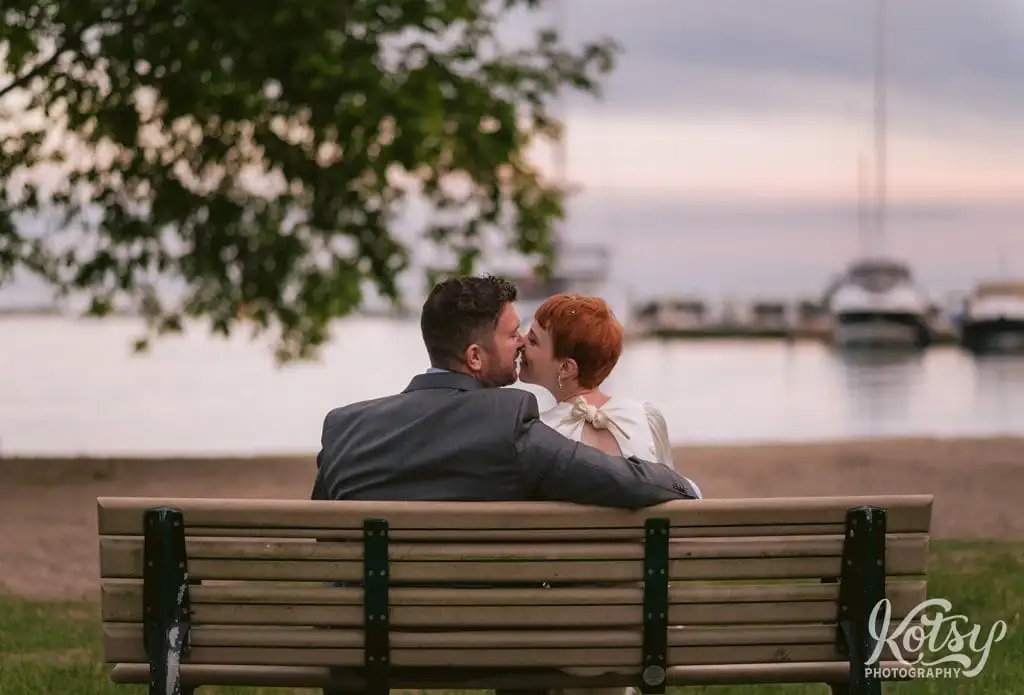
Friends and Loved Ones
Weddings are about bringing people together, and sometimes, loved ones want to contribute in meaningful ways. Friends and family members may offer their expertise, such as baking the wedding cake or designing the invitations. These heartfelt gestures not only save you money but also add a personal touch to your special day. Be open to accepting help when it’s offered, but remember to communicate your preferences and expectations clearly to avoid any misunderstandings.
Think about the unique traits and abilities that friends and family members bring to the table when they offer their help or expertise. Their act demonstrates their concern for you, their desire to be by your side during this adventure and their excitement to be present on your wedding day.
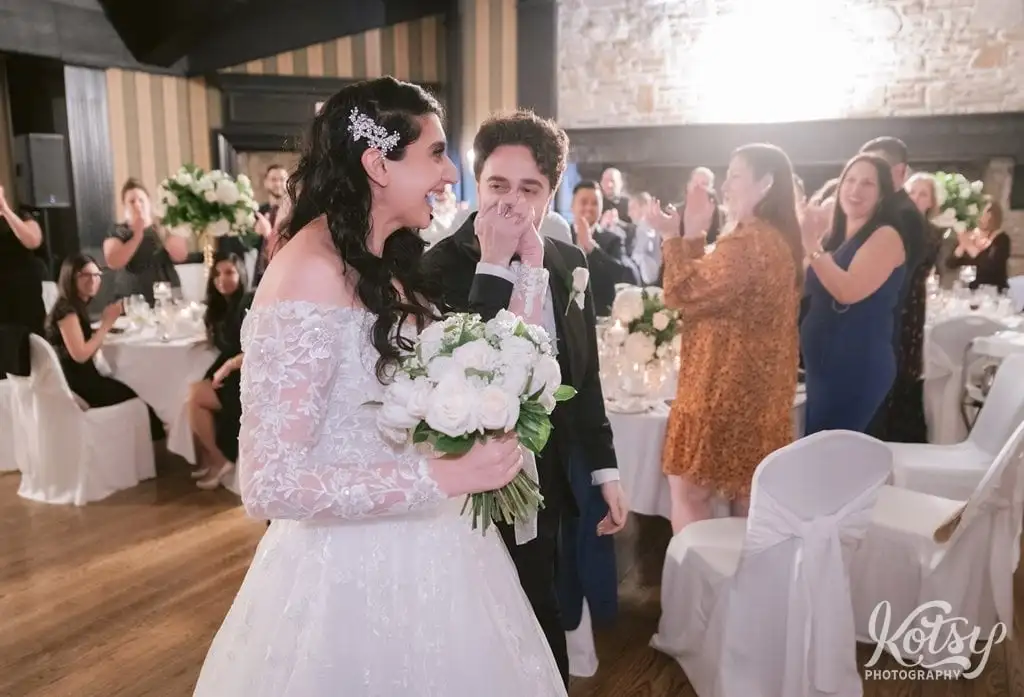
Conclusion
There is no one-size-fits-all method for paying for your big day, despite the fact that customs are changing and couples are redefining wedding costs to match their particular situations. The secret is in having direct and honest contact with all parties. Make sure your wedding day embodies your love story and leaves you with priceless memories that you may remember forever.
For further tips on wedding budgeting, have a look at this blog post a more detailed look at breakdowns.
Finally, if capturing the memories is high up on the list of your wedding in Toronto, I want to hear from you to see if we’re a great match!




